
Itchiness in palms and feet is a peculiar state of affairs, preventing one from functioning correctly in various aspects. Usually, culminating during the night, this condition causes you to scratch the problematic parts of body up to the point of damaging the skin. However, the mere destructiveness of this condition does not make it treatable by mere scratching. Therefore, regardless of efforts, all the scratching may only result in a sleepless, itch-tormented, night. Thus, in all cases of this condition, it is of utmost importance that proper attention is raised to the problem and the very itchiness treated properly, in order to avoid further complications.
Itchiness Cumulates during Night
Logically enough, the reason behind this fit is most usually a certain skin condition. So, in order for your itching agony to stop, the skin problem needs to be treated first. Dry skin, as well as numerous other factors may stand behind this condition, giving rise to necessity of proper diagnosis.First of all, the skin on our palms and feet may develop a problem if its outer layer gets inflamed. Such situations cause the condition named hand eczema, manifested through the appearance of blisters along the troublesome skin spots as well as through severe itching. Secondly, sometimes certain medications or skin infections may all have a common side effect which is redness and itchiness along your palms and feet. As far as medications are concerned, with some of them, this condition may be an allergic reaction manifested through redness or hives, accompanied by notorious itchiness. Itchy sensation associated with the mentioned conditions is present throughout the day and even during the night.Additionally, there is a skin condition caused by bacterial activity due to excessive sweating of the palms and especially feet. Mainly because tight shoes are worn too often, the outer layer of the feet gets affected by bacteria causing the itchiness and irritation to occur. Although mostly manifested on the soles of the feet, this condition may appear on the palms as well.
Finally, stress, apart from being a possible cause of almost all conditions we are prone to, can be behind the itchiness of palms and feet as well. Thus, one's repetitive stress exposure can lead to the itchiness, often amplified by the scratching the stress itself triggers.In all cases, however, if the itchiness prevails for a week or so, it is best to seek proper medical assistance. After being examined by a dermatologist, he/she will prescribe adequate therapy for your purposes, treating the exact cause of your troublesome itchiness.
Cracking Knuckles Results from Itchy Fingers and Toes
Many people enjoy cracking their knuckles. Moreover, most of the time they are not even aware of performing this action since it has become their habit. Also, many develop knuckle cracking addiction while they are young, due to the interesting noise produced in the process. For older people, this procedure may give a sensation of relaxation and discomfort relief regarding the knuckle area. Additionally, there are individuals who perform this unhealthy habit because their fingers or toes are itchy.If you are wondering why and how this cracking sound takes place, there is a bit of both physics and chemistry involved in the process. Namely, when we pull our fingers or apply pressure to our knuckles, they stretch further from their usual positions. This action causes the fluid which is supposed to lubricate our joints to change its physical state, becoming gas. Once, we strain the bones and the joints by pressure or pulling, the pressure inside our joints decreases, causing gas compression and the production of this sound. Additionally, once this is done, it takes about half an hour for this fluid to return to its previous state. This is why, once we crack our knuckles, or some other parts of our body, we are unable to repeat the effect shortly afterwards.Associated Problems
Firstly, many people claim that cracking your knuckles too often may easily lead to development of osteoarthritis or some other joint diseases and conditions. However, numerous different studies have shown that this is not the case and that knuckle cracking is unable to harm healthy joints. Nevertheless, this action may lead to muscle, cartilage or tendon damage if performed too frequently. Also, if you are already suffering from some illnesses or infections affecting these areas, it is best to restrain from knuckle cracking since this can only make things worse, triggering additional pain and swelling.
Unfortunately, the list of negative effects does not stop there. Excessive knuckle cracking may reduce the strength and intensity of your hand grip. Moreover, this action may even cause skin damage. So, if you crack your knuckles too often, the skin above them may harden and become more stiff or deformed. Finally, your general joint strength may be reduced if you enjoy this bad habit for a long period of time.All in all, knuckle cracking may be dangerous in the long run. Approximately, our knuckles may endure several years of abuse of continual abuse of this type before showing some more serious side-effects. That being said, be careful and avoid doing this to often in order to preserve your knuckles and keep your hand joints fully functioning.


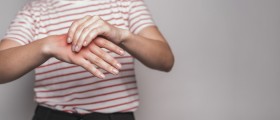
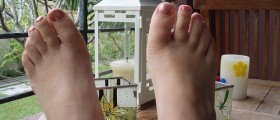

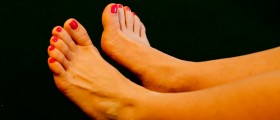




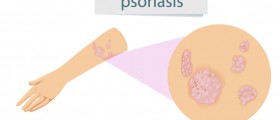

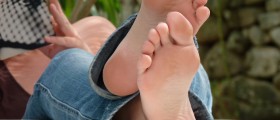

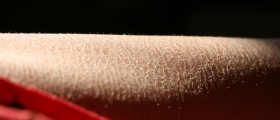
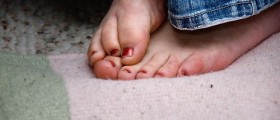

Your thoughts on this
Loading...